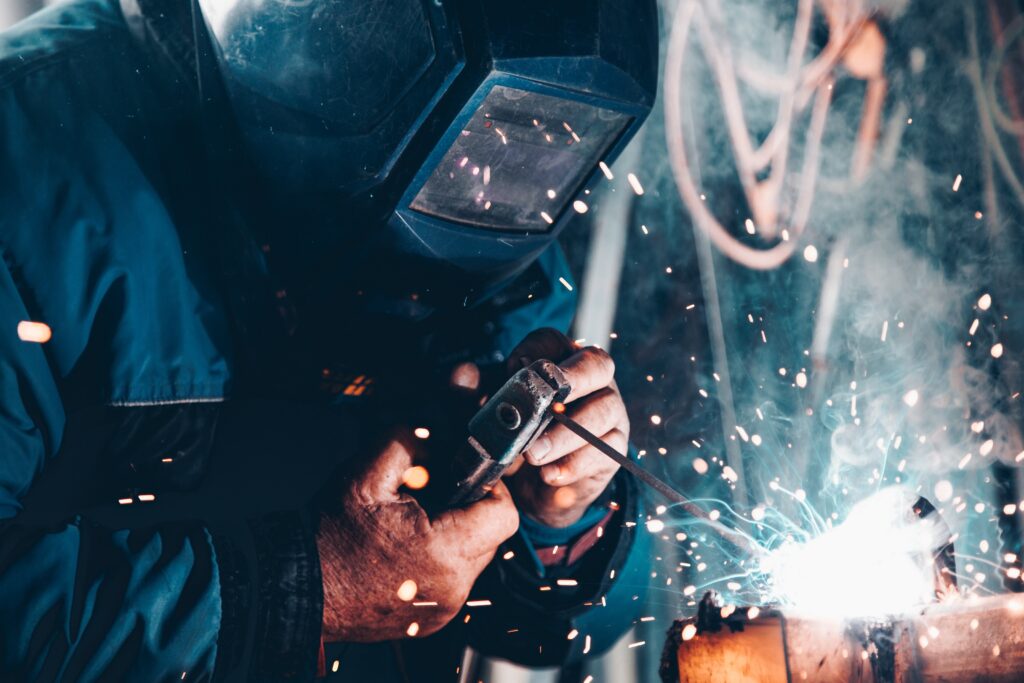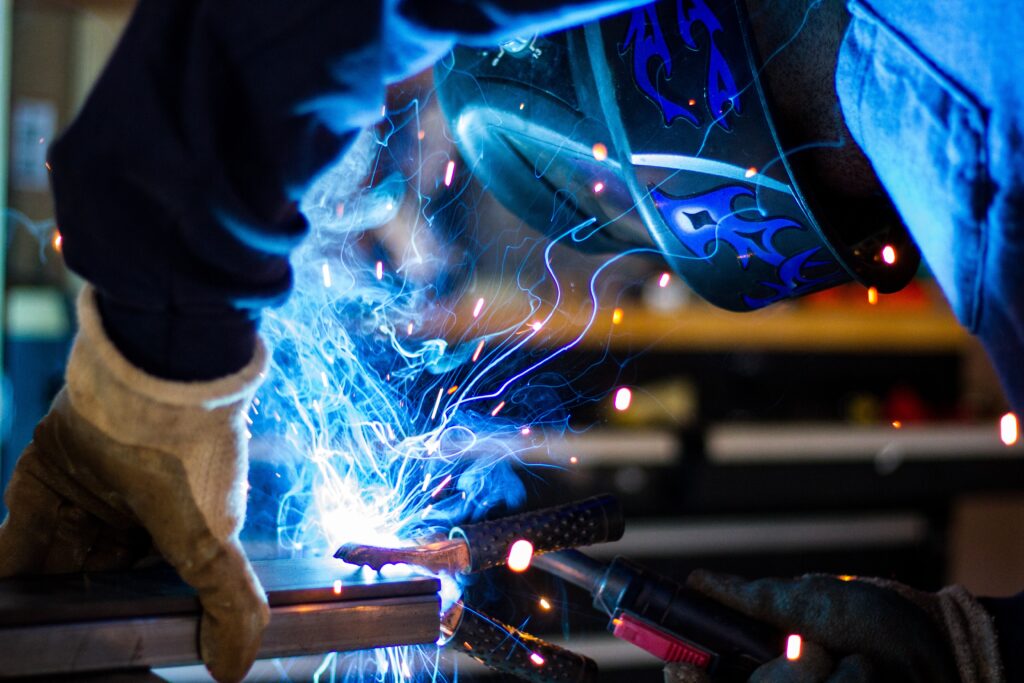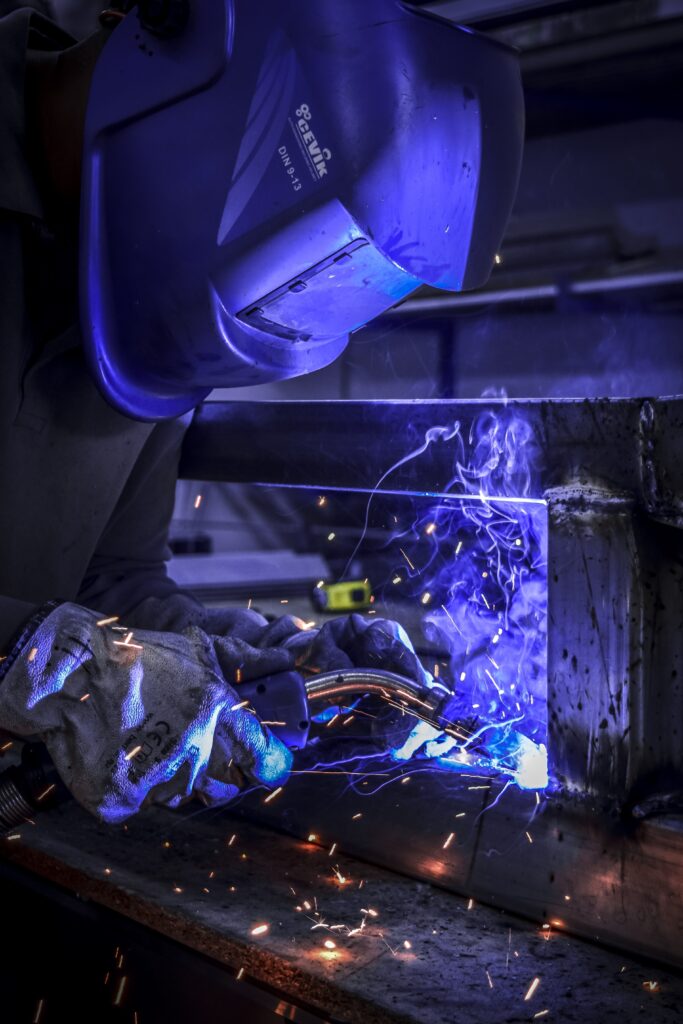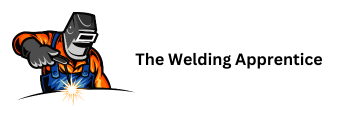You’re about to embark on an exciting journey into the world of a welder with our product “What Does The Life Of A Welder Look Like?” This thrilling piece encapsulates the unique experiences, trials, and triumphs that welders face every day. Prepare to uncover the secrets behind the sparks and steel, and learn about the dedication and skill that goes into this intricate craftsmanship. Buckle up, because you’re in for a riveting exploration into the world of welding.

Understanding the Welding Profession
The role and duties of a welder
As a welder, your primary role involves designing, cutting, and joining metal parts using a variety of tools and techniques. This requires not only technical proficiency, but also a keen attention to detail and precision in your work. You will typically be involved in creating structures – anything from bridges to cars – but may also be responsible for repairing existing ones. In addition, you could be evaluating blueprints and specs, as well as maintaining and inspecting your equipment regularly.
Types of welding
There are many types of welding, but four methodologies are generally used more often: shielded metal arc welding (SMAW), gas metal arc welding (GMAW/MIG), flux cored arc welding (FCAW), and gas tungsten arc gas welding (GTAW/TIG). Each methodology has its own set of advantages, with some being more suited for heavy, industrial applications, while others are used for more intricate jobs.
Necessary skills and qualifications for a welder
Having a keen eye for detail, manual dexterity, and strong physical stamina are all essential skills for a welder. You will typically need a high school diploma or equivalent, along with some vocational training in welding to get started. Certifications in various types of welding enhance your prospects greatly – the better qualified you are, the greater your opportunities.
Daily Life of a Welder
Typical work schedule: hours and days
Your typical work schedule as a welder may vary depending on the industry and project you are working on. Full-time positions are most common and may involve overtime and working on weekends. You could also find yourself working irregular hours, especially when tight deadlines need to be met.
Tasks performed on a daily basis
Your day-to-day tasks will largely depend on your role and the specific project you’re working on. These tasks could range from cutting and joining metal parts, inspecting structures, enforcing safety procedures, or even working with engineers and architects to understand job specs better.
Issues and challenges faced regularly
Despite the rewarding career, welding is not without its labours. Welders often face high stress levels due to tight project deadlines.

Physical Demands and Work Environment
Physical requirements for welding jobs
Welding is a physically demanding job. You are often required to stand for long hours, work in enclosed spaces, and lift heavy equipment. Physical fitness, good vision, and hand-eye coordination are crucial.
Common places and environments welders work in
As a welder, you could find yourself working in different environments ranging from construction sites, automobile factories, shipyards to oil rigs. Some welders work underwater and in various weather conditions, too.
Health and safety issues in welding
Welding involves numerous health and safety issues. Prolonged exposure to gases and fine particles can be detrimental to your respiratory health. Extreme heat and bright lights can hurt eyesight, while heavy machinery is always a risk if not managed properly.
Professional Training and Education
Training and education required to become a welder
In general, you will need a high school diploma or equivalent and then attend a vocational school or community college to receive welding training. This typically includes classes in mathematics, metal properties, blueprint reading, safety practices, and more.
Certifications for professional welders
Acquiring welding certifications is a smart way to increase your job prospects. These certifications, offered by organizations such as the American Welding Society (AWS), demonstrate your proficiency in various welding techniques.
Opportunities for continuous learning and professional development
Continuing education is a big part of professional development for welders. This could involve learning new welding techniques, staying up-to-date with the latest equipment, or learning about new safety standards.

Career Progression and Opportunities
Entry-level positions and career growth in welding
starting as a welder’s helper or apprentice is common. As you gain experience and hone your skills, you can progress to positions of greater responsibility and higher pay, like a journeyman welder or welding technician.
Potential for advancement in welding careers
Advanced positions such as welding engineer or welding inspector offer higher pay scales. Some welders even start their own businesses in metal fabrication or welding consultancy.
Specialization opportunities in welding
There are many sectors within which you can specialize, such as aerospace, automotive, construction, manufacturing, and more. Each sector may require a certain skill set, making it an exciting and diverse career choice.
Interpersonal Aspects of the Job
Interaction with co-workers, supervisors, and clients
Welders often work in teams, so interacting well with your peers is crucial. Good communication between team members ensures safety and increases work efficiency.
Communication skills needed in welding
Good communication skills, both written and verbal, are essential. You must be able to read and understand work instructions, and also convey information to team members accurately.
Teamwork and collaboration in welding jobs
Collaboration is key, as you will often work on projects that involve multiple people. Being able to work well with others, respect their contributions, and cooperate fully is essential.
Job Market for Welders
Current job market scenario for welders
Currently, there is a demand for skilled welders, particularly those with advanced skills or specialized expertise. Retirement of the older generation of welders is also creating more job opportunities.
Geographical distribution of jobs
Jobs for welders are spread across the country, with certain states like Texas and California having a high concentration of welding jobs due to their manufacturing and construction industries.
Future trends and opportunities in the welding field
The future for welding seems promising as new sectors like renewable energy and building infrastructure continue to grow. Advanced technology is also opening up opportunities in robotic welding.
Compensation and Benefits for Welders
Understanding the pay structure for welders
The pay for welders can differ based on experience, education, and specialization. However, the median annual wage for welders is competetive.
Benefits included in a welder’s compensation package
In addition to their wages, full-time welders often receive additional benefits, including health insurance, retirement plans, and often overtime pay.
Possible additional perks and remuneration
Perks such as bonuses for project completion, hazard pay for risky environments, and paid time off are often part of a welder’s compensation package.
Private Life of a Welder
Balancing work and personal life
Like any job, maintaining a healthy work-life balance can be challenging. Given the physical nature of the job, taking proper rest and maintaining good health is vital.
Impact of a welding career on family and relationships
The work schedule of a welder can sometimes be heavy and irregular, which may impact family time or social commitments.
Leisure activities and hobbies common among welders
Many welders like to take up hobbies that are relaxing and less physically strenuous like reading, music or gardening.
Personal Experiences and Stories
First-hand accounts from professional welders
Many professional welders describe their job as challenging yet rewarding. The sense of accomplishment from seeing a finished product or structure is often a high point.
Day in the life narratives
From early morning commutes to the job site, to long hours ensuring precision on every weld – a day in the life of a welder is often filled with hard work and dedication.
Advice and tips from seasoned welding professionals
Veteran welders often advise newcomers to take their safety seriously, stay curious, and continue learning throughout their careers. Continuous practical experience is as crucial as theoretical knowledge in this field.
